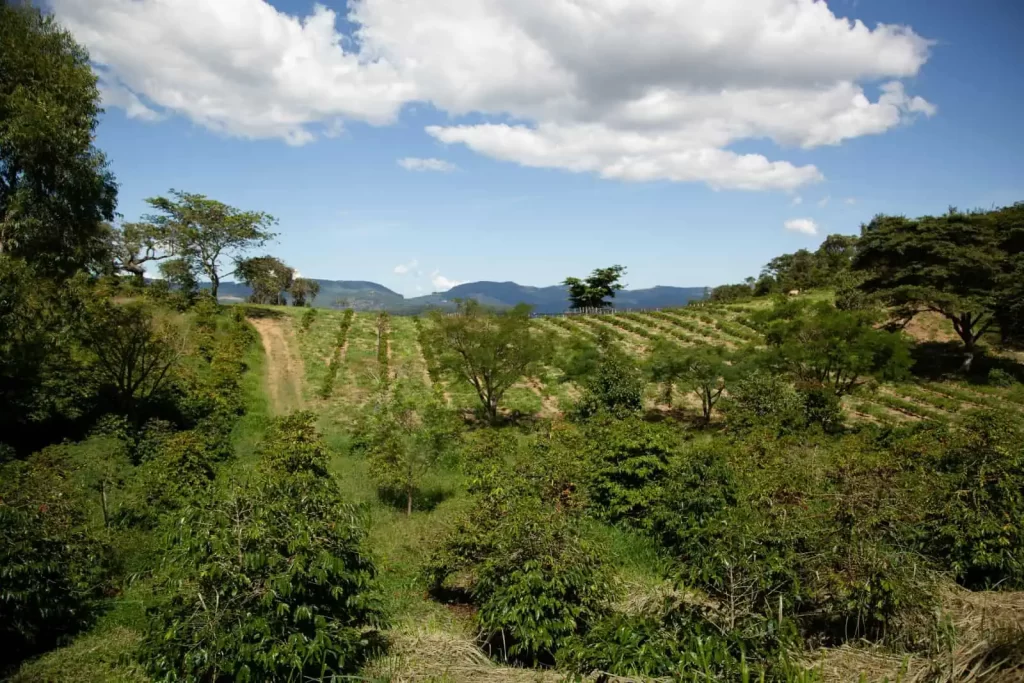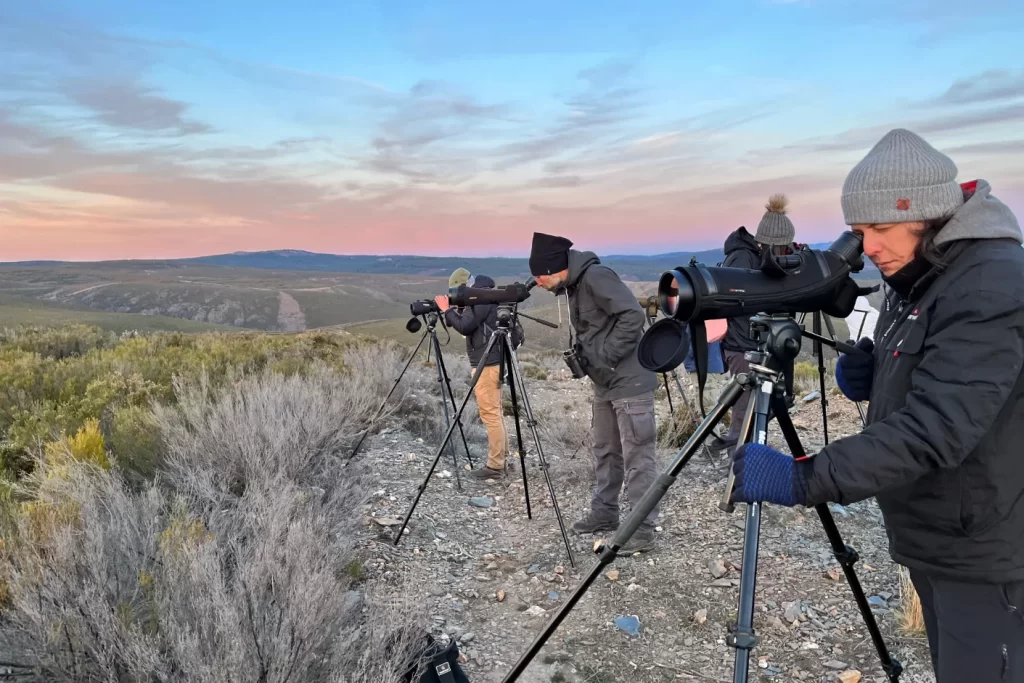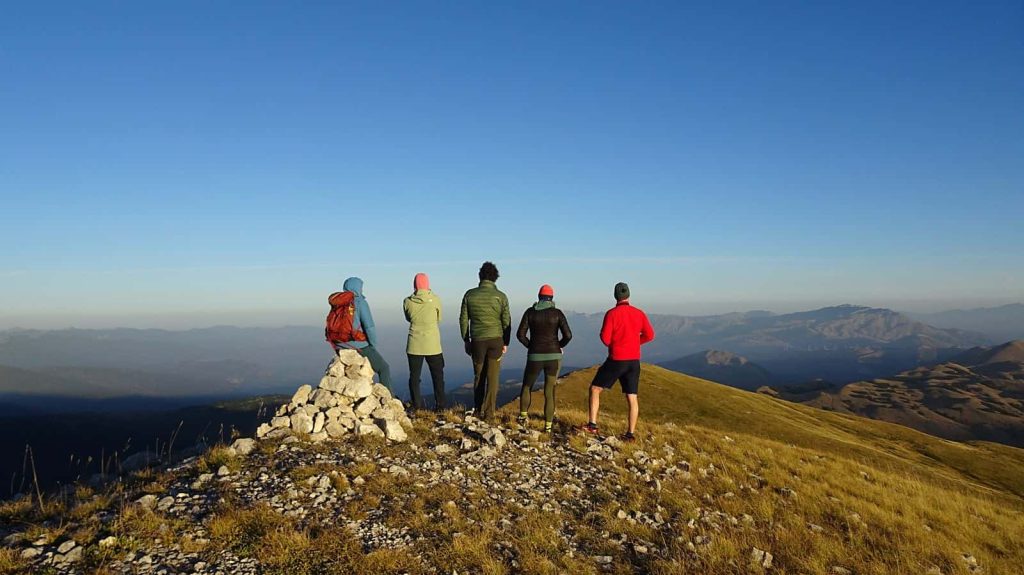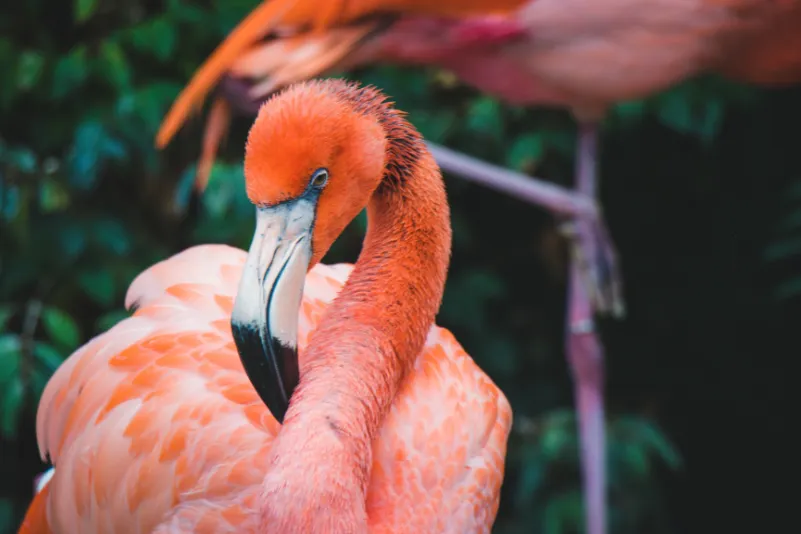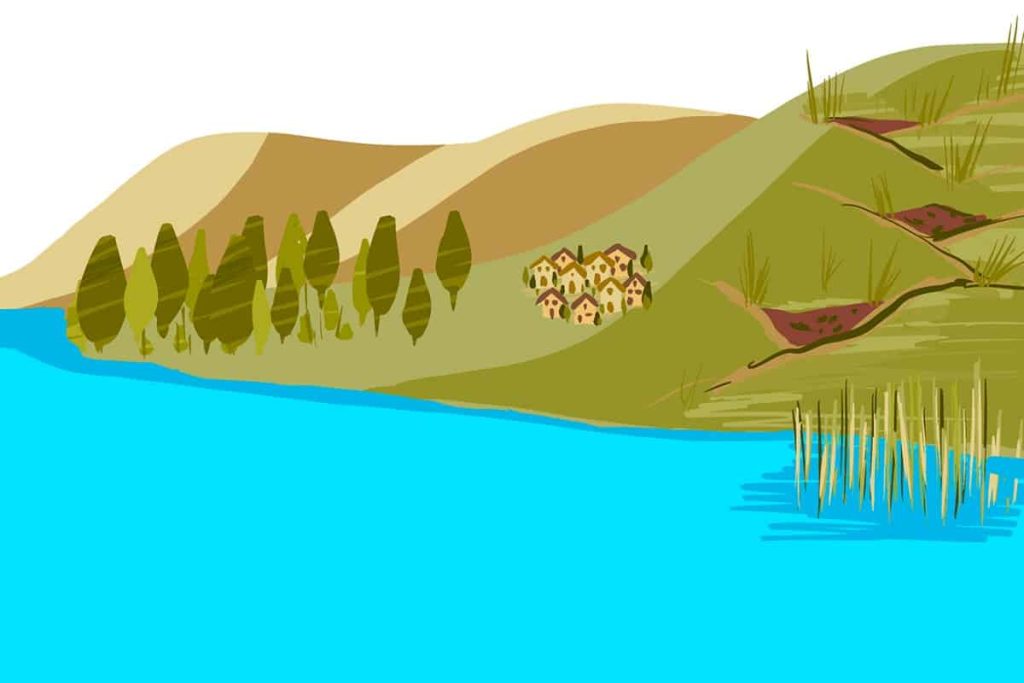Conservation & Protected Areas Management in Africa
This course focuses on areas dedicated to nature conservation in Africa. It explores how they work and why they are so important to the health of the environment in our fast-developing world.About this course
This MOOC is about areas that are dedicated to protecting nature – “protected areas.” The coursework explores how they work and why they are so important in maintaining the health of the environment in our fast-developing world; particularly in Africa.
This course will help you learn about conservation challenges in Africa and how protected areas can help face them – from the local level to an international scale. These topics will be explored using best practices from the World Commission on Protected Areas (WCPA) and case studies from the field coming from all over the African continent.
The course is composed of seven thematic modules (key concepts, planning, governance, management effectiveness, specificities of management, financing, and topical issues) that include videos (introduction, five themes, one video on a convention related to PA and a conclusion), readings, training quizzes (optional) and exams (one per week – compulsory for the certificate track).
Course details
What you’ll learn
You will learn:
- How protected areas work
- Why protected areas are so important in maintaining the health of the environment in a fast-developing world (particularly in Africa)
- The challenges of conservation in Africa
- The planning process for establishing protected areas
- How the effectiveness of a protected area is assessed
Course partners

Course outline
Week 1: protected areas concepts
- Welcome to protected areas management course
- Importance of protected areas and protected area systems
- Role and functions of protected areas
- Definition of protected areas
- IUCN categories for protected areas
- Convention on Biodiversity
Week 2: planning of protected areas
- Planning of a single protected area
- Planning of a system of protected areas
- Integrated planning of a protected area and surrounding developed zones
- Monitoring of protected area management
- Trans frontier protected areas
- Aichi targets
Week 3: governance of protected areas
- Definition of governance
- State protected areas
- Private protected areas
- Community-based protected areas
- Shared governance
- Nagoya protocol
Week 4: effectiveness of protected areas
- Management effectiveness and adaptive management
- Law enforcement in protected areas
- Ecological monitoring & conservation
- Education and sensitization about conservation
- Green List of protected areas
- World heritage convention
Week 5: specificities of protected area management
- Culture and nature
- Capacity-building for protected area management
- Marine protected areas
- Species approach
- Tourism in protected areas
- Convention on International Trade in Endangered Species
Week 6: sustainable funding
- Financial planning
- Economical values of protected areas
- Funding sources
- Funding mechanisms
- Offset mechanisms
- Convention on the Conservation of Migratory Species of Wild Animals
Week 7: cross-cutting themes with protected areas
- Protected areas & climate change
- Connectivity and buffer zones
- Ecological restoration
- Gender & equity
- Ramsar convention
- Corruption and natural resources trafficking
Requirements
No prerequisites

